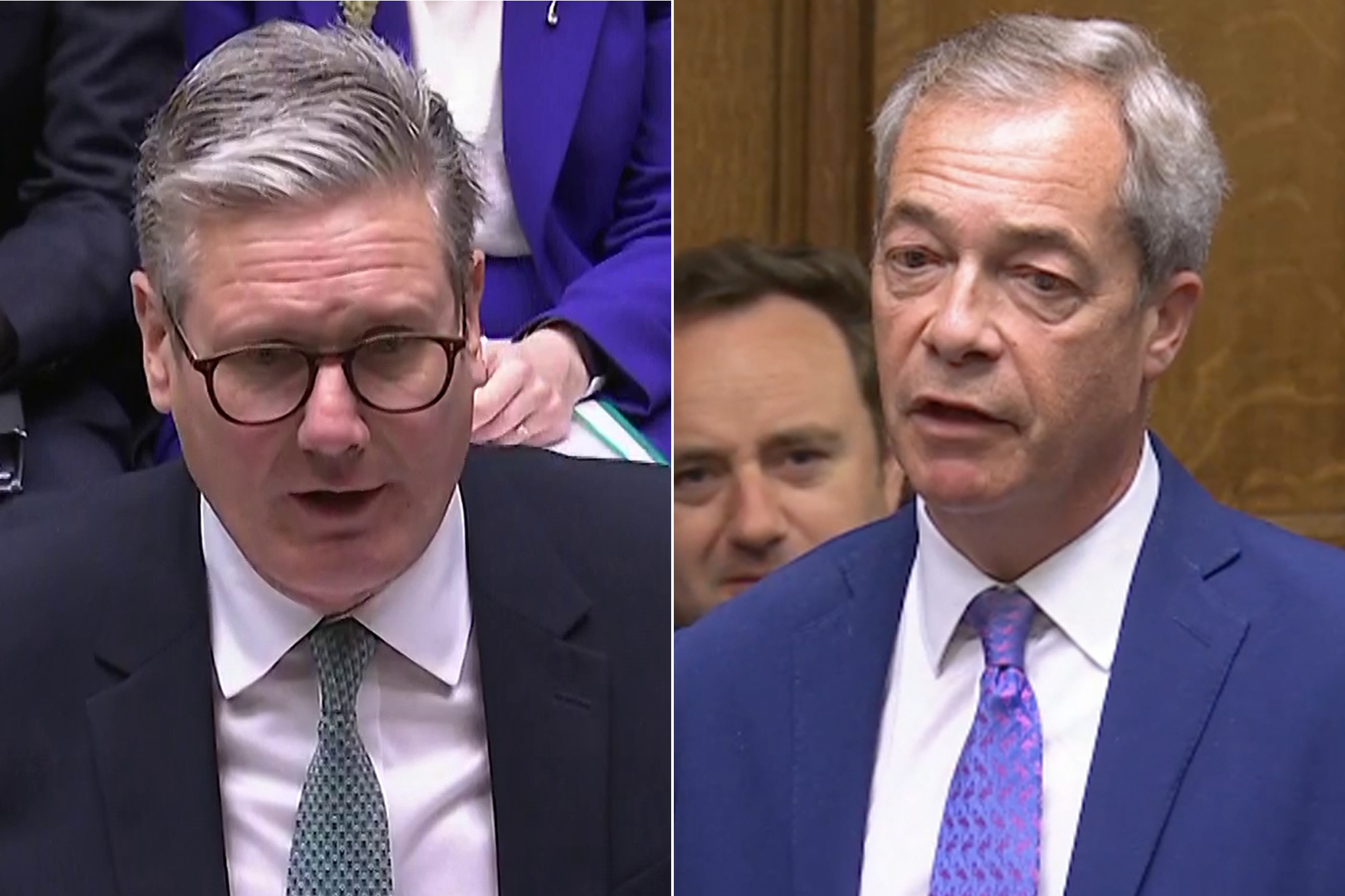The most revealing news in British politics last week was a letter from Keir Starmer to his cabinet ministers. It was written for a special six-hour cabinet meeting held in Lancaster House, the grand government mansion opposite Buckingham Palace, on Friday 7 February.
A couple of lines from the letter formed part of the account given to journalists at the time of what the prime minister had said at the meeting. We were briefed that he had told ministers that they could “either be the disruptors or the disrupted”, and that they needed to “increase the pace of change” in order to defeat “right-wing populists” who claimed to be “on the side of working people” but could only offer “grievances not solutions”.
This seemed strange. It sounded as if Tony Blair had mysteriously returned to No 10 and had taken the chair at the cabinet talkathon. It wasn’t clear what the prime minister, using Blair’s language, meant by being “the disruptors”: it contradicts what we know about Starmer’s character, which seems to respect order, rules, and the methodical approach.
It wasn’t until a fuller version of Starmer’s letter was leaked to The Sunday Times last week (with further lines emerging on Friday) that it started to make sense.
The letter started by saying that, “if governments are not changing the system in favour of working people, then voters will find someone else who does”. In identifying the main electoral threat to Labour, though, Starmer made it clear that it comes from neither the Conservatives nor the Liberal Democrats.
The letter said that Labour had lost its way on immigration because “we ended up treating all immigration as an untrammelled good”. He said it was “devastating” that a woman he met in Oldham felt she’d had to take out “an old box of photos to show me a wedding she had been to for her Asian neighbours” to “explain that she wasn’t a racist” before she complained about “antisocial behaviour on her street caused by groups of young men from Europe”. The implied contrast with Gordon Brown, who called Gillian Duffy of Rochdale a “bigoted woman” in the 2010 election campaign, is striking.
“Somehow, politics ended up being too scared to say what is obvious: that some people are genuine refugees and some aren’t; that people coming here to work can be a positive, but that an island nation needs to control its borders,” Starmer wrote.

This is also strikingly different from the Starmer of only five years ago, who venerated the free movement of people as one of the great things about EU membership. It is different from the Labour Party of 10 years ago, which went into meltdown over the words “controls on immigration” being printed on some mugs.
The letter is revealing because it so clearly sees Nigel Farage as the main threat faced by Labour. It dismisses him for offering tax cuts for the rich and wanting to “cuddle up to Vladimir Putin”, but the overall message is that Labour must offer something for “people who feel shut out and ignored by elites” – the people who voted to leave the EU and who still feel looked down on – or else Reform will.
“Our voters, our people, were telling us over and over that we were wrong. That sense – of an establishment that hasn’t been listening – is deeply felt by working people in Britain,” Starmer wrote.
The letter is doubly revealing, because Starmer has not made these arguments so bluntly in public. It is as if that cabinet meeting was designed to bind senior ministers into an extremely restrictive policy on immigration before taking the fight to Farage.
It is revealing, too, because it does not sound like Starmer’s own voice. It sounds like Tony Blair, because it is pure Morgan McSweeney: a message aimed at working-class voters tempted to vote Reform at the next election. McSweeney, the guru of the 2024 election victory, might protest that he is not a Blairite – much of his argument is made on behalf of voters who feel left behind by globalisation, for example – but all that means is that he has updated Blairism for the post-Brexit era. And what this letter shows is that he is tightening his grip on the government’s political message.
What is possibly most revealing of all is that there doesn’t seem to be any significant resistance from within the Labour Party to taking such an aggressively restrictive line on immigration.
Whether it will work is another matter. The government will claim to have cut legal immigration, which is falling anyway, but it still has no way of stopping the small boats. And there is trouble ahead, as Starmer has to wrestle with his past self in the form of his friend Richard Hermer, the Doughty Street human rights lawyer who is now attorney general, over the way the British courts interpret the right to family life set out in the European Convention on Human Rights.
But the battle lines for the next election are drawn. It is a commonplace saying on Labour’s liberal wing that you cannot out-Farage Farage. Oh yes we can, Starmer has said to his colleagues. And they are going to give it a try.

